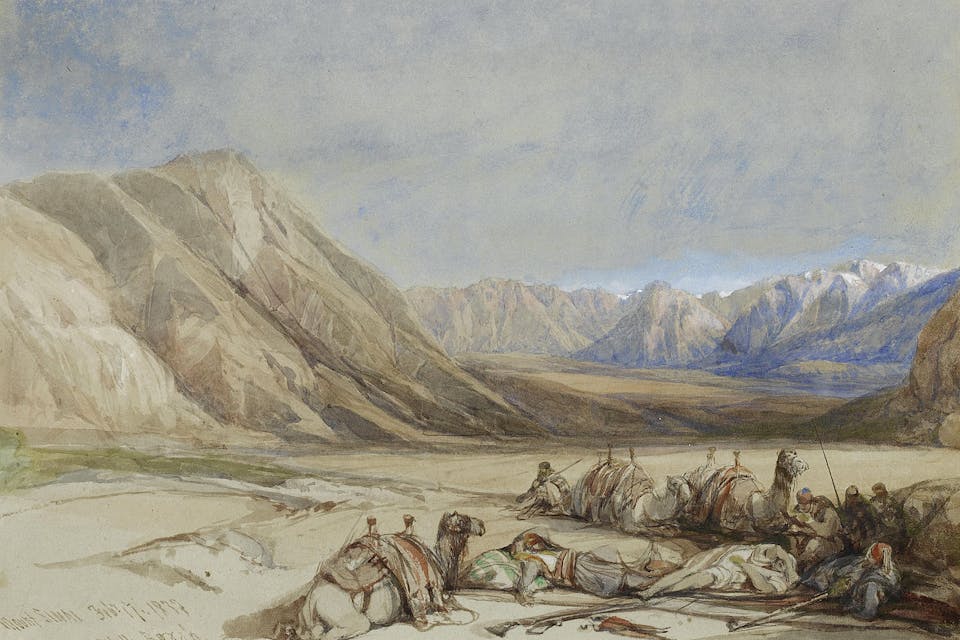
June 3, 2016
For Every Material Punishment, A Spiritual One, Too
By Atar HadariRead enough of the Hebrew Bible and you could come to the conclusion that the two are intertwined, or even interdependent.
This week’s reading of B’ḥukotai (Leviticus 26:3-27:34) catalogues the benefits and liabilities that the Almighty lays out before the Jewish people in connection with their covenant at Mount Sinai. The curious thing about the list at first glance is that the carrot occupies so many fewer verses (eleven) than the stick (31). You might get the impression that the rewards for obeying the commandments are dwarfed by the punishments for disobeying them. But even more striking is the mixture in each category of frankly physical and materialistic elements with spiritual ones. As we’ll see, the inescapable conclusion is that the two are intertwined, and indeed interdependent.
If you follow my statutes and keep my commandments and perform them,
I will bring you your rains when they’re due
And the land will yield its crop and the tree its fruit
And your threshing will overrun your grape harvest and the grape harvest overrun planting.
And you’ll eat your bread to your satisfaction
And you’ll settle securely in your land.
I will set peace in the land
And you’ll lie down with no one to terrify you. . . .
And your enemies will fall before your sword. . . .
I am the Lord your God who took you out of Egypt, from being slaves.
And broke your yokes and led you to walk upright.
Following the scene of ripened wheat and full stomachs is a reminder of something that’s not part of the reward itself, but a divine blessing. That blessing came earlier in the people’s history: you were slaves and I broke the yokes that held you by the neck and gave you the ability to walk in freedom, with heads held high.